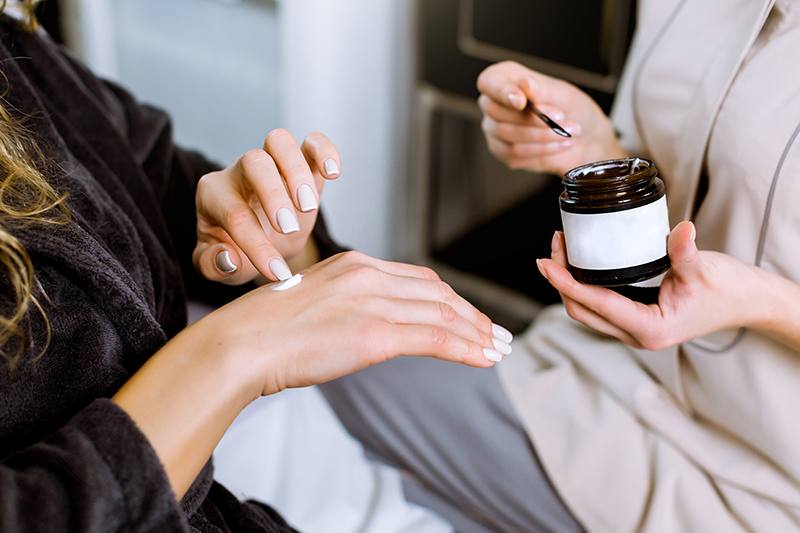How to use storytelling to drive sales in the salon
Candice Gardner looks at building an emotional connection between you, your customer and the brands you work with.
 Storytelling is the most ancient and powerful way of sharing information. Myth, tales and legend have long been a way to pass on valuable life lessons and bond communities through generations. What you may not have realised is that humans are genetically hardwired to respond to stories.
Storytelling is the most ancient and powerful way of sharing information. Myth, tales and legend have long been a way to pass on valuable life lessons and bond communities through generations. What you may not have realised is that humans are genetically hardwired to respond to stories.
Storytelling activates parts of the brain that allow the listener to turn the story into their own ideas and experiences. Numerous studies over the years have proven that our brains are far more engaged by storytelling than cold, hard facts.
When reading facts or data, the language centres of our brains work to decode the meaning. However, when we read or listen to a story, not only do the language areas of our brain light up, but other regions also light up as if we are experiencing what we are reading and hearing.
Neuro-economist Paul Zak found that the brain releases the ‘feel good' hormones during storytelling including dopamine and oxytocin. Oxytocin in particular makes you feel relaxed and stimulates empathy and humanity. It builds generosity, trust and promotes bonding. Dopamine aids memory and learning. It drives motivation through anticipation and focus. What this means is that it is far easier for us to remember stories than cold facts.
Whilst this is all very interesting, how is this relevant to the skin care industry and business? Simply put, storytelling can build an emotional connection between you, your customer and the brands you work with. Through the process of mirroring, listeners will not only experience similar brain activity to each other, but also to the speaker. The brain releases dopamine into the system when it experiences an emotionally charged event, making it easier to remember and with greater accuracy.
When there is an emotional connection with customers, they become loyal and positive about their experiences with you. Storytelling will eliminate the hard selling fear that many therapists have about retailing.

No doubt you have heard countless times that people don't buy what we offer, they buy how we make them feel. When demonstrations and conversations involve stories, the human brain actively engages and has a higher potential to stay engaged.
A study on storytelling by the London School of Business confirmed that people retain 65-70% of information shared through stories.
Since purchase decisions are made with both logic and emotions, using storytelling to engage in a more human way can promote the emotional connection. Successful storytellers can keep a customer's attention but also use relatable information that allows the customer to develop context and relevance in their own life.
To develop your storytelling skills you need to understand the personality of the brands you work with. Their values, their focus and the results they achieve. Ask yourself why you chose to work with these brands. If you do not believe in the products or brand vision, then it is highly likely that you will struggle to share the brand stories authentically, and selling to your customers will be an uphill struggle.

Product stories can connect with people too. How or why a product was developed. The anecdotes and accounts of how ingredients where used in medicine and folklore.
Driving sales through effective storytelling is definitely not about ‘tall tales', false results, or inaccurate information that is misleading. Clearly, the best stories are the real stories of positive skin changes, boosted self-confidence, and improved self-esteem. You can also share the history and heritage of ingredients and remedies to validate your recommendations. There is nothing inauthentic about this!
Whether you are talking to your customers in person or online, stop and think about how you can capture interest through effective storytelling. Take time to learn your brand and product stories so that you can pass them on. It will bond your customers to you, reinforce their confidence in your advice, and increase their purchases for a healthy business.
Candice Gardner is Education Manager – Digital and Content at The International Dermal Institute and Dermalogica.





